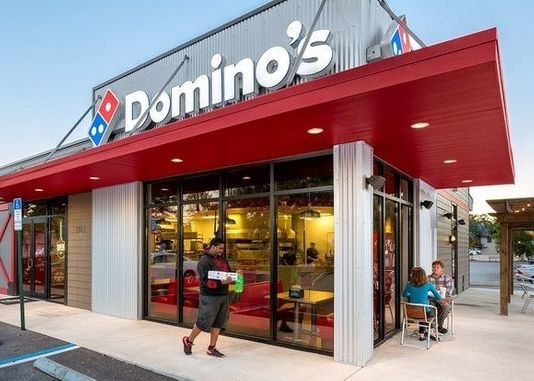
Web-Related ADA Legal Update
Since most web-related ADA cases get settled, few get to actually reach the courts. When they do, they get a good amount of attention as they then set precedent. The courts have rung in 2019 with two cases worthy of summary.
Robles vs Domino’s Pizza
This case has been closely watched because last spring a district court in California granted a dismissal based on two primary themes. That dismissal was just reversed, by California’s 9th District Court, allowing the case to proceed.
The 9th District includes Alaska, Arizona, California, Guam, Hawaii, Idaho, Montana, Nevada, Northern Mariana Islands, Oregon, and Washington.
The initial dismissal was significant. Then, the court accepted Domino’s defense that boiled down to:
Due Process: Without legal standards from the DOJ, you can’t hold Domino’s liable. And in my opinion, this is a pretty strong argument. The parallel is getting pulled over for speeding on a highway without posted speed limits.
Under the primary jurisdiction doctrine, courts should hold off on deciding cases where enforcement agencies with special expertise should weigh in first.
Well, California’s 9th Circuit said hogwash.
No on due process, citing that that since 1996 has been clear that websites… and mobile apps, the court says (key) must provide “effective communication”. Of note, this might be the first mention of mobile apps. The DOJ has yet to include them, but the 9th clearly grouped mobile apps with websites in this.
The 9th also rejected the jurisdiction doctrine angle, based on the DOJ’s abandonment of its duty to issue such regulations to provide the needed clarification. Essentially the 9th called this out as a delay tactic, and said no.
Where the 9th did agree with the district court was that the ADA “applies to the services of a place of public accommodation, not services in a place of public accommodation.” OF vs IN clarifies the role of the website.
Nexus
The 9th also reinforced the requirement for a nexus between website and physical brick & mortar. Other district courts - notably in Massachusetts, New York, and Vermont - have rejected the nexus argument insisting that websites of businesses without physical locations are also subject to the ADA.
Telephone Access
Originally, the Judge did not say that the phone number could not provide a lawful alternative to access but said “we can debate whether that would be adequate.” The 9th didn’t reject this hoped-for work-around for website owner. However they say that without study, this arguement could not be used for a summary judgement for dismissal. So that’s still in play, but faces an uphill battle when it comes to satisfying the“full and equal enjoyment” provision of the ADA.
Griffin vs Department of Labor Federal Credit Union
Credit Unions seem to have become common prey for these surf-by lawsuits and demand letters. In this victory for credit unions, the 4th Circuit heard the argument that the plaintiff in this case was not even eligible to become a member of the credit union. To summarize, the court agreed and showed them the door.
What’s in Store for 2019 Website ADA Legal Actions?
As I believe anyone following these and others will agree, there is no hope of the DOJ or Congress rectifying the situation. The courts and businesses will continue to bear the brunt.
And expect these cases to broaden to mobile apps.
The only wise course is therefore to eliminate the risk. Either build a new ADA compliant website or app, or have your existing website or app properly audited using a 3 step process that includes automated, manual, and assistive technology testing, and then have your website remediated.
And that’s what we’re here to help with.